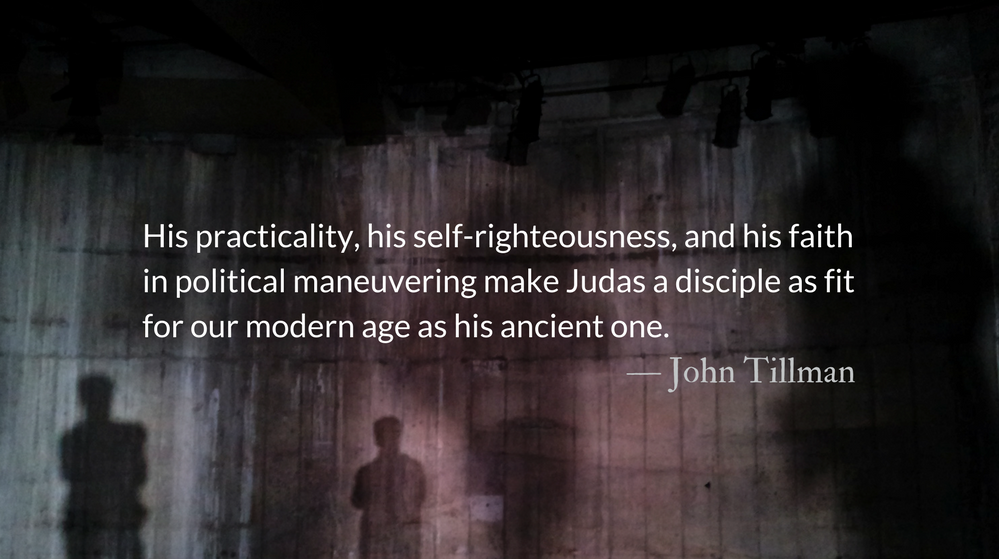Scripture: Proverbs 23.18
There is surely a future hope for you,
and your hope will not be cut off.
As we continue in the season of Easter, contemplating the resurrection and our Lord’s appearances, we share this beautiful poem from Christina Rossetti. Here she intimately acknowledges that there is no part of our lives that does not need to be resurrected with Christ. May we be quickened, may we rise with Christ to manifest his love in the world. — John
Reflection: A Better Resurrection :: Throwback Thursday
By Christina Rossetti (1865)
I have no wit, no words, no tears;
My heart within me like a stone
Is numbed too much for hopes or fears.
Look right, look left, I dwell alone;
I lift mine eyes, but dimmed with grief
No everlasting hills I see;
My life is in the falling leaf:
O Jesus, quicken me.
My life is like a faded leaf,
My harvest dwindled to a husk:
Truly my life is void and brief
And tedious in the barren dusk;
My life is like a frozen thing,
No bud nor greenness can I see:
Yet rise it shall—the sap of spring;
O Jesus, rise in me.
My life is like a broken bowl,
A broken bowl that cannot hold
One drop of water for my soul
Or cordial in the searching cold;
Cast in the fire the perishing thing;
Melt and remold it, ‘til it be
A royal cup for Him, my King:
O Jesus, drink of me.
Christina Rossetti , “A Better Resurrection,” Goblin Market and Other Poems (1865)
Prayer: The Call to Prayer
Open my lips, O Lord, and my mouth shall proclaim your praise. — Psalm 51.16
– Prayer from The Divine Hours: Prayers for Springtime by Phyllis Tickle.
Full prayer available online and in print.
Today’s Readings
Proverbs 23 (Listen – 3:39)
1 Thessalonians 2 (Listen – 2:53)






